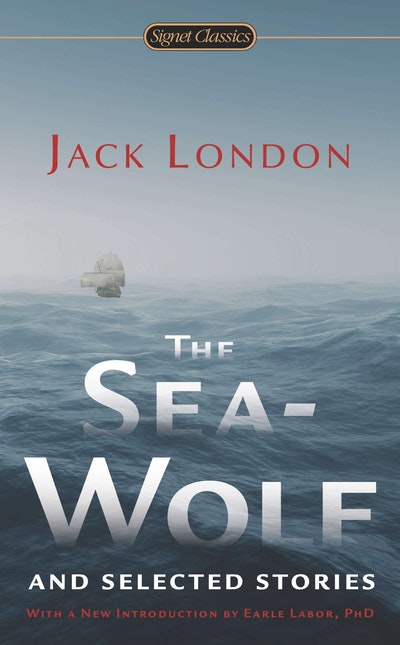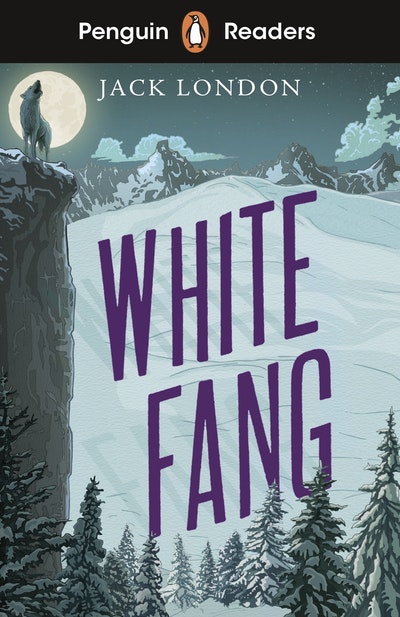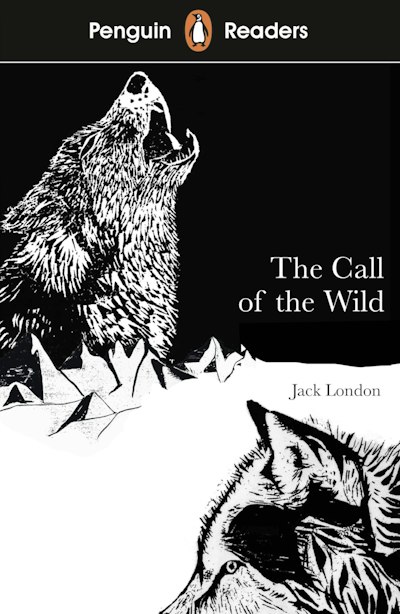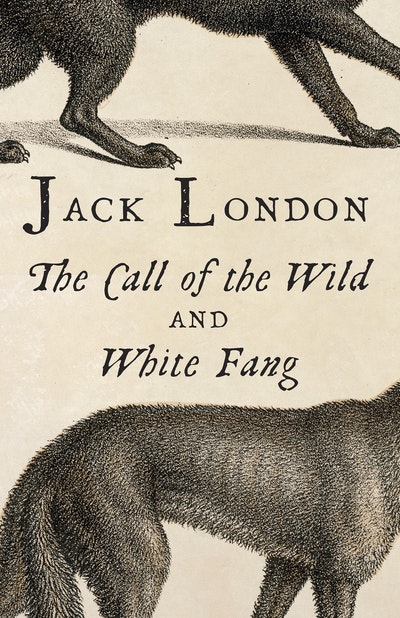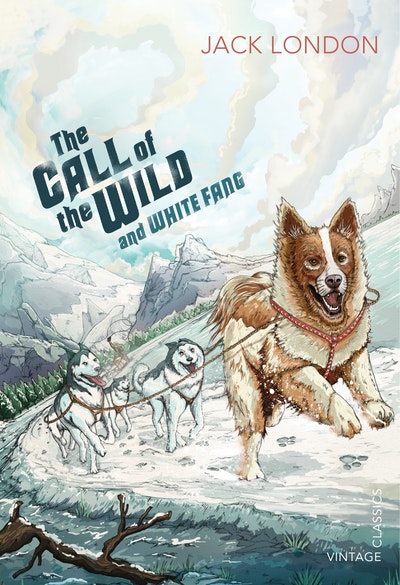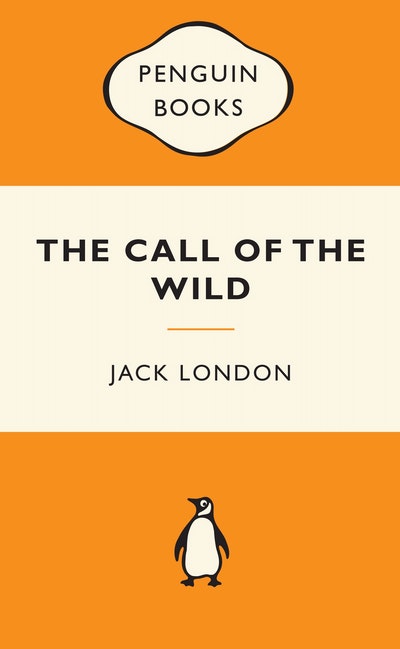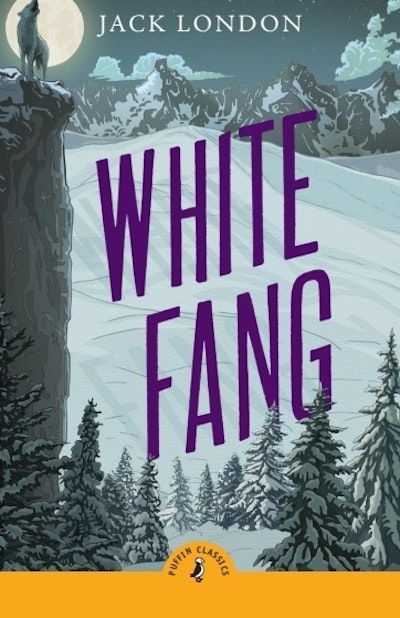Impressed into service aboard the seal-hunting Ghost, Humphrey Van Weyden becomes an unwilling participant in a tense shipboard drama. With a wary eye, he watches the vessel’s abusive captain, Wolf Larsen, an enigma who can abandon two sailors on the open water, then return to reading the moral philosophers. One of the best sea novels ever written, The Sea-Wolf tells of mutiny, shipwreck, and a desperate confrontation.…
Also in this volume, “The Law of Life,” “The One Thousand Dozen,” “All Gold Canyon,” and “Moon-Face” offer more riveting action and adventure. In these tales, London’s descriptions of the natives, the northern dogs, and even the tundra capture the essence of the exuberant life he experienced firsthand.
